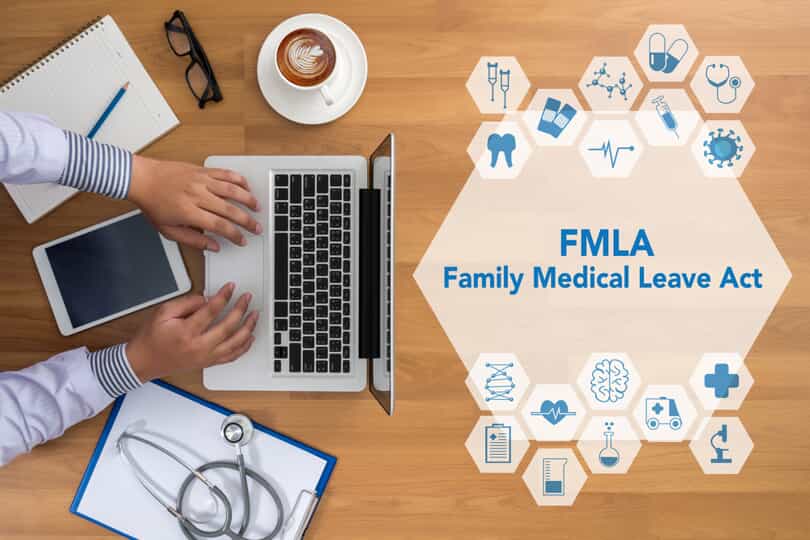
Can I Get Fired for Taking Medical Leave?
Medical leave supports employees during illness or injury. FMLA provides federal medical leave, and many states also have their own medical leave provisions. Employees may

Medical leave supports employees during illness or injury. FMLA provides federal medical leave, and many states also have their own medical leave provisions. Employees may

A partir de enero de 2023, empleadores con 15 o más empleados deben anunciar las escalas salariales para un puesto en cualquier publicación de trabajo.

On Sept. 17, 2020, Governor Newsom signed CA S.B. 1383 into law, ensuring job-protected family leave for Californians who work for an employer with five or more

The short answer is no. The Family Medical Leave Act is federal legislation that protects an employee’s right to take 12 weeks of unpaid leave

The federal Family and Medical Leave Act (FMLA) traditionally gives covered employees the right to take up to 12 weeks of unpaid leave to care for a

The U.S. Department of Labor has amended the Family Medical Leave Act (“FMLA”) to expand leave available to military family members and airline flight crew employees. The expansion is